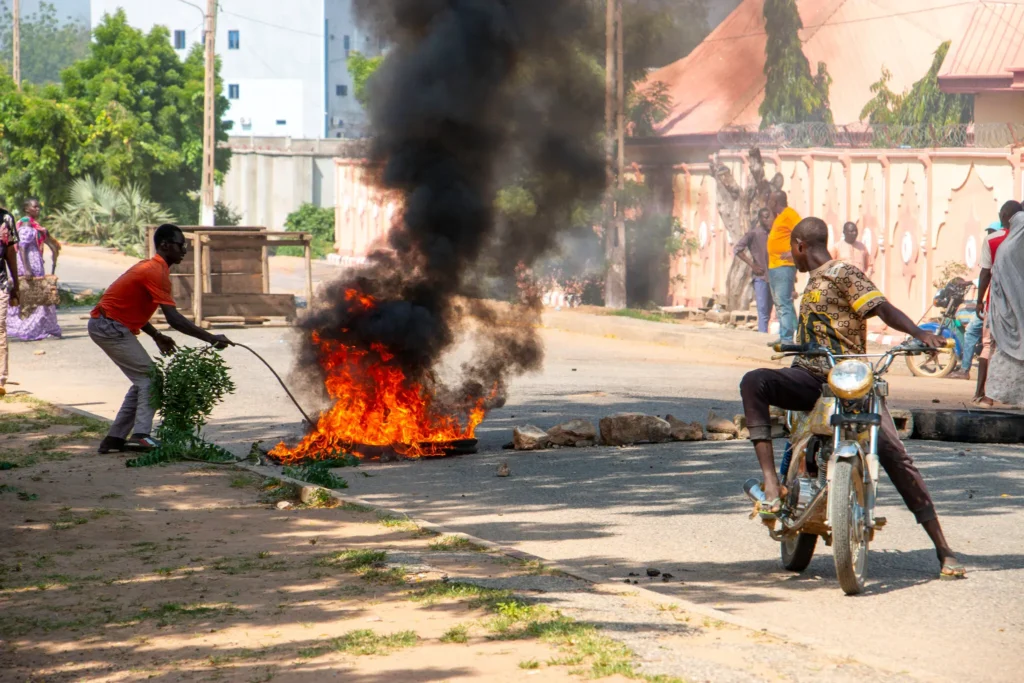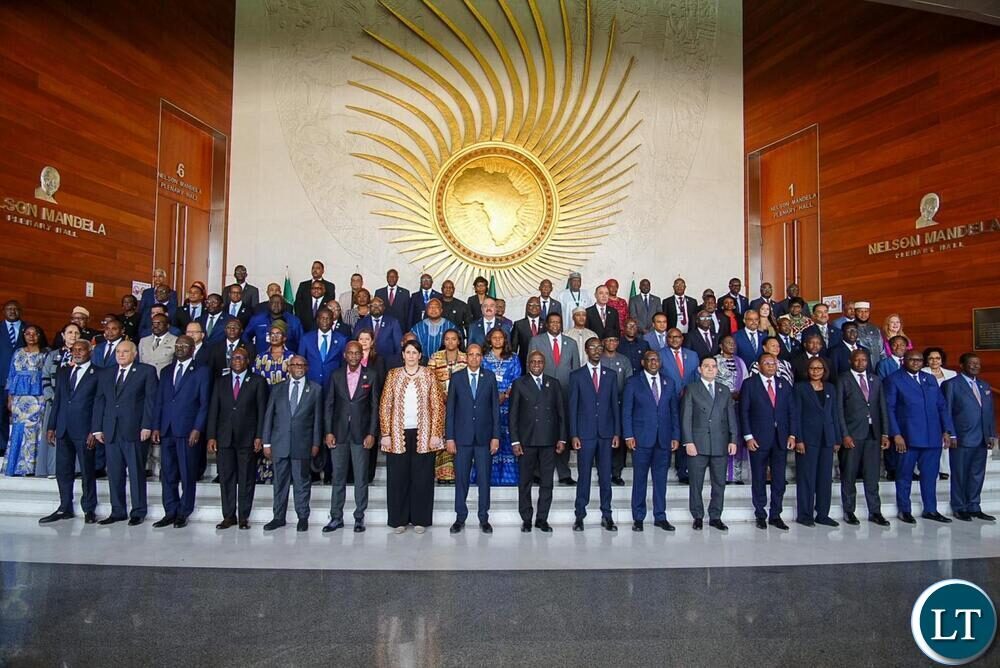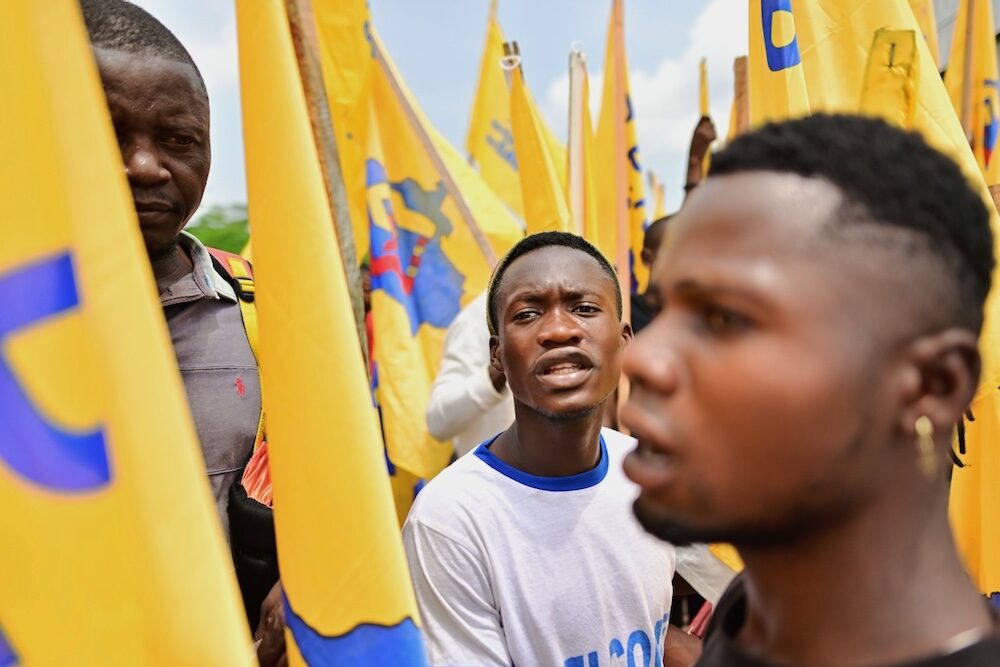
Tuesday, 28th October 2025

by inAfrika Newsroom
The Cameroon election has returned President Paul Biya to power for another seven-year term, according to final results announced by the country’s Constitutional Council. Biya, who is 92 and has ruled since 1982, won 53.66% of the vote. The council’s ruling is final under Cameroonian law.
Opposition candidates immediately rejected the Cameroon election result. Main challenger Issa Tchiroma Bakary said he, not Biya, won the October 12 vote. He alleged fraud, citing suspicious turnout numbers and reports of ballot-box tampering. Moreover, he said security forces used intimidation and live fire to control streets during counting. Protesters backing Tchiroma rallied in Garoua and Douala, and rights groups and local officials reported gunfire and clashes. At least six people were killed in post-election protests, and more than 100 people were arrested.
Crowds in Cameroon’s commercial capital, Douala, blocked roads and burned debris after the announcement, accusing the government of stealing their future. Security forces responded with tear gas and, in some areas, live rounds, opposition figures said. Those claims could not be independently verified. The government has not commented on reports of live fire but has repeatedly denied fraud in past elections.
Biya’s supporters celebrated in Yaounde and his home regions, saying continuity is key in a country still fighting separatist violence in its English-speaking regions and facing Boko Haram attacks in the Far North. However, critics said the Cameroon election was never on a level field. They pointed to control of state institutions, heavy policing, and a constitutional change in 2008 that removed term limits and allowed Biya to extend his rule.
The result lands in a tense demographic moment. More than 70% of Cameroonians are under 35, according to civil society groups that monitored the polls. Many young voters say they want anti-corruption reforms, jobs, power rotation, and an end to security crackdowns in the Anglophone regions. Moreover, opposition coalitions now argue that the protest movement is no longer only about the ballot. They say it is about whether the country will open space for succession planning after 43 years under one man.


